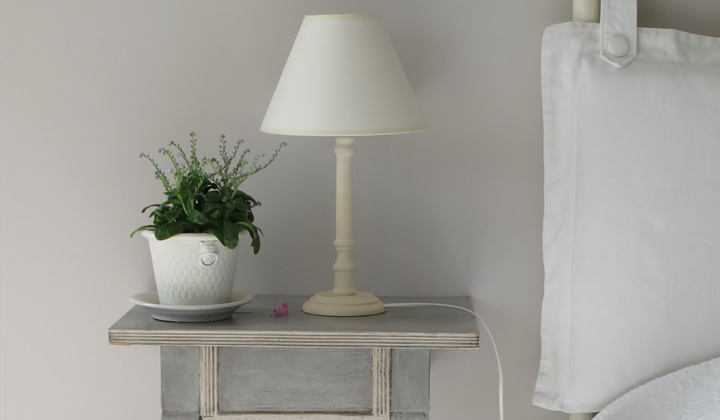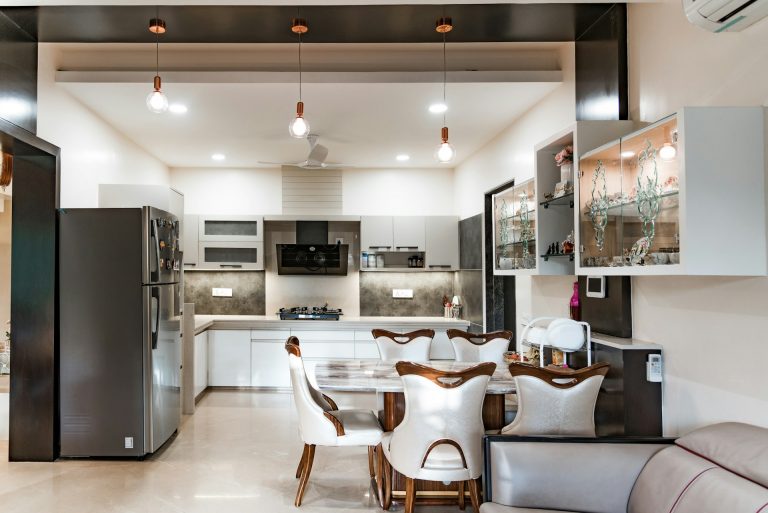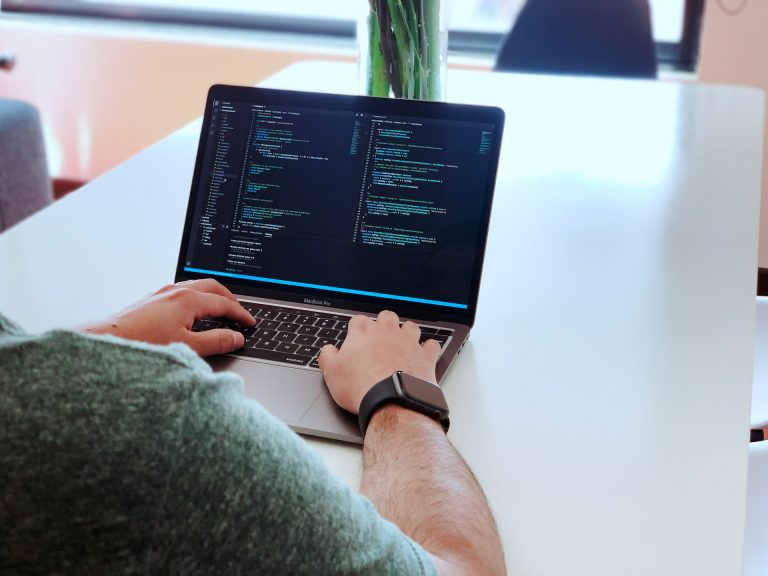Because we live in the 21st century, we are constantly surrounded by technology. Thus, it comes as no surprise that we often take these devices with us in the bedroom. A recent study has shown that, in the U.S., 90% of people admit to using a technological device an hour before falling asleep.
However, our tendency to allow electronic devices in your bedrooms has been correlated with insomnia and other sleep-related issues. This is why some experts recommend that we take a break from electronics before we go to sleep.
Leaving behind your electronics does not mean that you have to purge your bedroom of all technological devices. After all, let’s not forget, there are plenty of products specially designed to help us settle down and fall asleep easier. So, let’s take a close look at the main reason why it is best to disconnect from our gadgets before bedtime.
The light
We often associate the use of our electronics at night with the bright blue light that they emit. As numerous studies have pointed out, light plays an important role in regulating our inner circadian rhythms.
Harvard scientists have demonstrated that the light that our phones, TVs, and tablets emit suppress the melatonin that our bodies produce. Melatonin is the hormone that makes us feel drowsy and, thus, ready to go to sleep. This is the main reason why we cannot fall asleep whenever we decide to browse through your favorite threads on Reddit just before calling it a night.
Weight gain
Even though weight gain cannot be solely linked to lack of sleep, this is definitely a factor that should be taken into consideration according to a recent study that was published in the prestigious BMC Public Health journal. As the researches have shown, overweight children slept less than normal-weight children did.
Another study indicated that young women who had inconsistent sleep schedules were more likely to have a higher body mass index than those who went to bed at around the same time every night.
The reason why this happens has a lot with the effects that sleep deprivation has on the physical metabolism of women. In simple terms, the less we sleep, the more time we have on our hands to eat.
No matter your age, getting insufficient sleep can have effects on your memory, cognition, and ability to make decisions. Besides, you will also feel tired throughout the day and you might develop serious health problems.
Introduce new activities
A good way to switch up your bedtime routine is by developing new habits. For instance, once you get in bed, instead of doing non-sleep activities such as watching TV or playing games, you should read or listen to the type of music that makes you feel sleepy. You can also try doing yoga or meditating.
Be space efficient
A good way to make sure that you won’t have problems falling asleep is by optimizing your bedroom. For instance, you should make sure that the temperature is cool, somewhere between 60 and 70 Fahrenheit degrees. You can find a practical thermometer on https://opticsandlab.com/best-room-thermometer/. Also, your bedding and mattress should be comfortable, and the entire room should be clean and free of any clutter.
To add to this, sleeping experts argue that, in order to create an environment that can help you fall asleep faster you could start by reducing the bright lights in your home two hours before bedtime. You should also consider investing in lamps that give away a reddish or orange color as they can also induce sleepiness.







